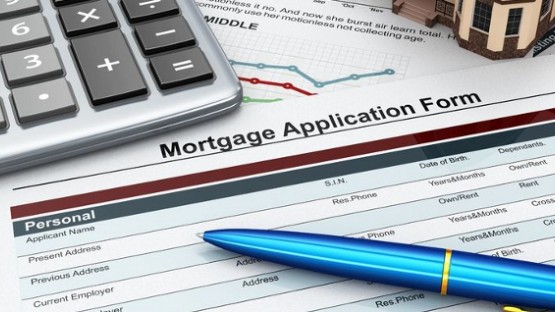
Looking for info on expat finance?
Further Info on Tax Residence

Other Criteria Applied to Fiscal Residency
Another aspect that can influence your fiscal residency is the ownership of property or the availability of accommodation. This may happen regardless of the physical presence at the heart of the “183 days” criterion as described on the previous page. As soon as you own real estate in a particular country, you could be deemed a fiscal resident, depending on local laws.
Moreover, your residence for purposes of taxation could also depend on where your chief financial or business interests lie. This might refer to the country where your employer or your workplace is located, where you have an office or run your own business. It might also be the country you derive most of your salary from. Again, this is very much dependent on a particular tax law and how it could be applied to your individual situation.
Sometimes, there are fairly clear specifications concerning fiscal residence and financial interests. In Mexico, for instance, you usually become a tax resident if more than 50% of your income obtained in one calendar year comes from a source within the country.
The expression “ties to a country”, though it might sound rather vague to your ears, can play another part in determining your fiscal residency. This argument might be used if your immediate family (e.g. spouse and kids) lives in a certain country and you spend a lot of time with them, despite working elsewhere. If you have applied for a permanent visa or a long-term residence permit, this could indicate that you want to settle down and stay in this place, etc.
Residence and Domicile
Beyond the concept of tax residence as such, there can be sub-categories of residence – or additional legal aspects that further complicate the picture. For example, India distinguishes between tax residents and non-residents. The category of fiscal residents is then divided into ordinary vs. non-ordinary tax residents. Japan, on the other hand, differentiates between permanent and non-permanent fiscal residents.
In some discussions of fiscal residency, the legal concept of “domicile” plays a vital role. Domicile means roughly “being a permanent resident in a particular location”. For this purpose, you needn’t actually reside there right now. You can remain domiciled in a jurisdiction as long as you don’t leave it forever. Again, this may depend on your nationality, but it doesn’t have to.
“Domicile” becomes especially significant as a deciding factor in legal matters within common law (aka case law) jurisdictions, as opposed to countries whose legal system is based on civil law. Therefore, domicile is often relevant with regard to international tax issues in the UK, Ireland, Malta, etc., where the influence of the British legal model is strong. See, for instance, our UK Country Guide on taxes in the UK.
Expat Clauses and “Border Commuters”
Now that we have bombarded you with so many, possibly confusing terms, you are probably wondering how tax residence influences your expat life in practice.
Before you leave, a good tax planner may be able to work out in advance in which country you’d fare better, financially, as a fiscal resident. They might also advise you on how your fiscal residency is more easily acknowledged there, or how you could avoid being considered tax resident of another country.
When talking to a tax consultant familiar with the tax law of your destination, don’t forget to ask them about expat concessions, too! Some tax codes contain special clauses that apply only to selected non-residents or foreign nationals. Expats with managerial positions, highly specialized skills, frequent business travel, or generous incomes may profit from such tax concessions.
The situation of “border commuters” is another case in which you should consult a tax advisor. If you are a national of country A and move with your family to country B, but work across the nearby border in country C, how will this impact your status as a fiscal resident and tax payer? Cases like this are not uncommon e.g. among expats working in Luxembourg or Switzerland, who actually live in Belgium, France or Germany, where the cost of living is lower.





















